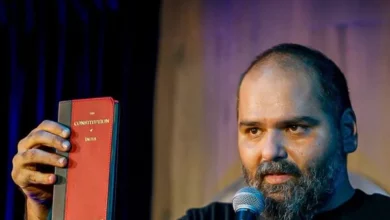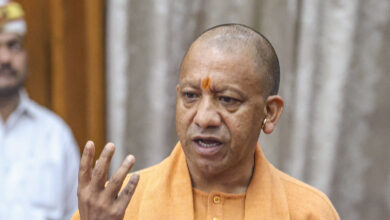
The Supreme Court, in a majority of 7:2 rulings, said on Tuesday that the Constitution bars states from seizing all privately-owned resources to distribute to serve the ‘common good’.
In a majority 7:2 ruling, the Supreme Court on Tuesday held that states are not empowered under the Constitution to take over all privately owned resources for distribution to serve the “common good“.
A nine-judge bench headed by Chief Justice DY Chandrachud, however, said states can stake claim over private properties in certain cases.
The majority verdict pronounced by the CJI overruled the previous judgement delivered by Justice Krishna Iyer that all privately owned resources can be acquired by the State for distribution under Article 39(b) of the Constitution.
It’s the CJI himself who has written for seven judges on the bench which decided this vexed legal question of whether private properties can be regarded as “material resources of the community” under Article 39(b) and taken over by State authorities for distribution to subserve the “common good”.
It swept aside at least half a dozen verdicts that had adopted the socialist theme and ruled that states could take over all private properties for the common good.
Justice BV Nagarathna partially dissented from the majority verdict written by the CJI, while Justice Sudhanshu Dhulia dissented from all conclusions.
The top court had in the Minerva Mills case of 1980 declared two provisions of the 42nd Amendment prohibiting any constitutional amendment from being “called in question in any court on any ground” and giving precedence to the Directive Principles of State Policy over the fundamental rights of individuals as unconstitutional.



